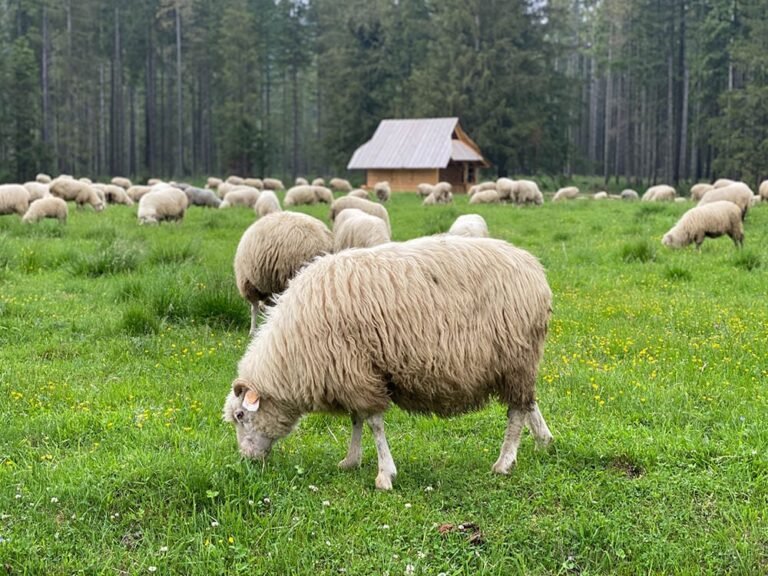aérer
The French verb aérer comes from air and means to let air circulate, to ventilate, or to expose something to fresh air. It is an -er verb, conjugated like parler. Its uses extend beyond literal ventilation and include figurative meanings, such as clearing one’s head, or making something lighter and less dense.
It is pronounced AH AY RAY, with three syllables, not two.
Basic meaning: to ventilate or air out
The most common meaning of aérer is to let air circulate in a room, a place, or an object. It is often used when speaking about houses, clothing, or bedsheets.
Examples:
- J’aère ma chambre tous les matins.
I air out my room every morning. - Il faut aérer le grenier pour éviter l’humidité.
The attic must be aired to avoid dampness. - Elle a ouvert la fenêtre pour aérer la maison.
She opened the window to air the house.
The verb can also apply to clothes or fabrics.
- J’ai laissé mes vêtements dehors pour les aérer.
I left my clothes outside to air them out.
To aerate or make lighter
Aérer can also mean to make something less dense by allowing air into it. This is often used with soil, dough, or mixtures.
Examples:
- Le jardinier aère la terre avec une fourche.
The gardener aerates the soil with a fork. - Il faut battre les œufs pour aérer la pâte.
You must beat the eggs to aerate the batter. - Cette machine sert à aérer la pelouse.
This machine is used to aerate the lawn.
Figurative sense: refreshing or clearing
In a figurative way, aérer can mean to refresh the mind, to take a break, or to clear one’s thoughts. This meaning often appears in the reflexive form.
Examples:
- Après plusieurs heures de travail, il est bon de s’aérer l’esprit.
After several hours of work, it is good to clear your mind. - Elle est partie marcher pour s’aérer.
She went for a walk to get some fresh air. - Je m’aère au parc chaque soir.
I refresh myself in the park every evening.
The reflexive form s’aérer
The reflexive or pronominal form s’aérer means to get some fresh air or to give oneself a mental or physical break. It often implies going outside after staying indoors for too long.
Examples:
- Nous devrions sortir pour nous aérer.
We should go out to get some fresh air. - Il s’aère à la campagne chaque week-end.
He gets some fresh air in the countryside every weekend. - Tu devrais t’aérer au lieu de rester enfermé.
You should get some air instead of staying shut in.
The reflexive form can also be used metaphorically, meaning to change one’s surroundings or to refresh one’s perspective.
- Voyager permet de s’aérer l’esprit.
Traveling allows you to clear your mind. - Elle lit un roman léger pour s’aérer entre deux réunions.
She reads a light novel to refresh herself between two meetings.






